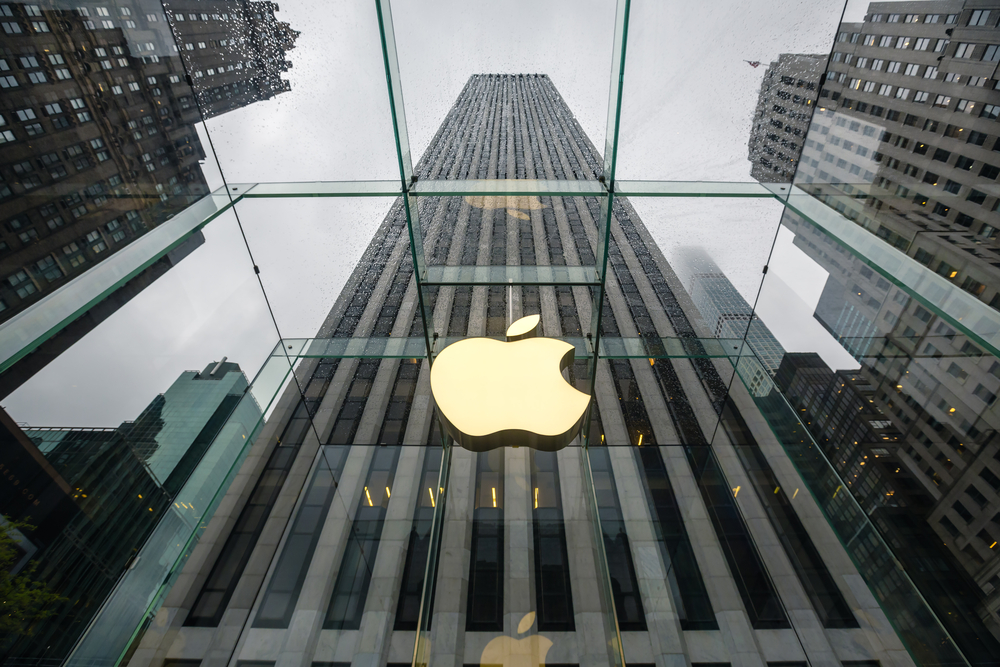Apple unveiled numerous products at their WWDC 2023, including the long-awaited Apple Vision Pro, a new MacBook, Mac desktops, and new versions of iOS. There was but one absence: generative AI in any form.
Apple’s product range has always been sleek and focused like its branding and general company image, so it’s perhaps unsurprising that they haven’t been swept up in the generative AI frenzy that has caught Microsoft and Google in its wake.
After all, Apple created a winning formula for its products a long time ago, so why complicate it by pushing generative AI?
With that said, generative AI – which creates content from prompts or other inputs – could be handy for iOS apps and its voice assistant Siri, which was once a forerunner among voice assistants and is now lagging behind. Sooner or later, AI-powered apps and services will become the norm.
Apple unshaken by generative AI
Back in April, Apple CEO Tim Cook said generative AI was “very interesting, but Apple would be “deliberate and thoughtful” in its approach. However, the company reportedly submitted dozens of job ads for machine learning (ML) engineers, including those specializing in “Natural Language Processing and Speech Technologies,” which hinted they’re working on their own AIs behind the scenes.
It’s worth highlighting that Apple is one of the best-performing tech stocks of 2022 and 2023, up over 40% since the beginning of the year. So a lack of generative AI isn’t impacting them financially right now. On the contrary, some analysts believe it’s a clever move from Apple to swerve generative AI, as a) they’re already too late and b) they probably know their customers don’t want or need it.
Matt Turck, an investor at FirstMark Capital, told Wired, “The reality is that Apple is a bit behind others like Microsoft and Google in generative AI, so it smartly chose to position itself as running its own race in AI, as opposed to trying to play catch-up with others.”
Apple has been careful to swerve other trends, like the metaverse – a word they avoid using to prevent being associated with Meta, whose VR products have failed to fulfill their ambitious visions.
Conversely, Apple calls its Apple Vision Pro VR headset a “spatial computing device.” It’s an impressive product with dual processing chips, an external battery, and 20 cameras, sensors, and microphones.
The debate of whether Apple is a hardware or software company goes back decades, but one thing is certain for now: they’re not an AI company.





